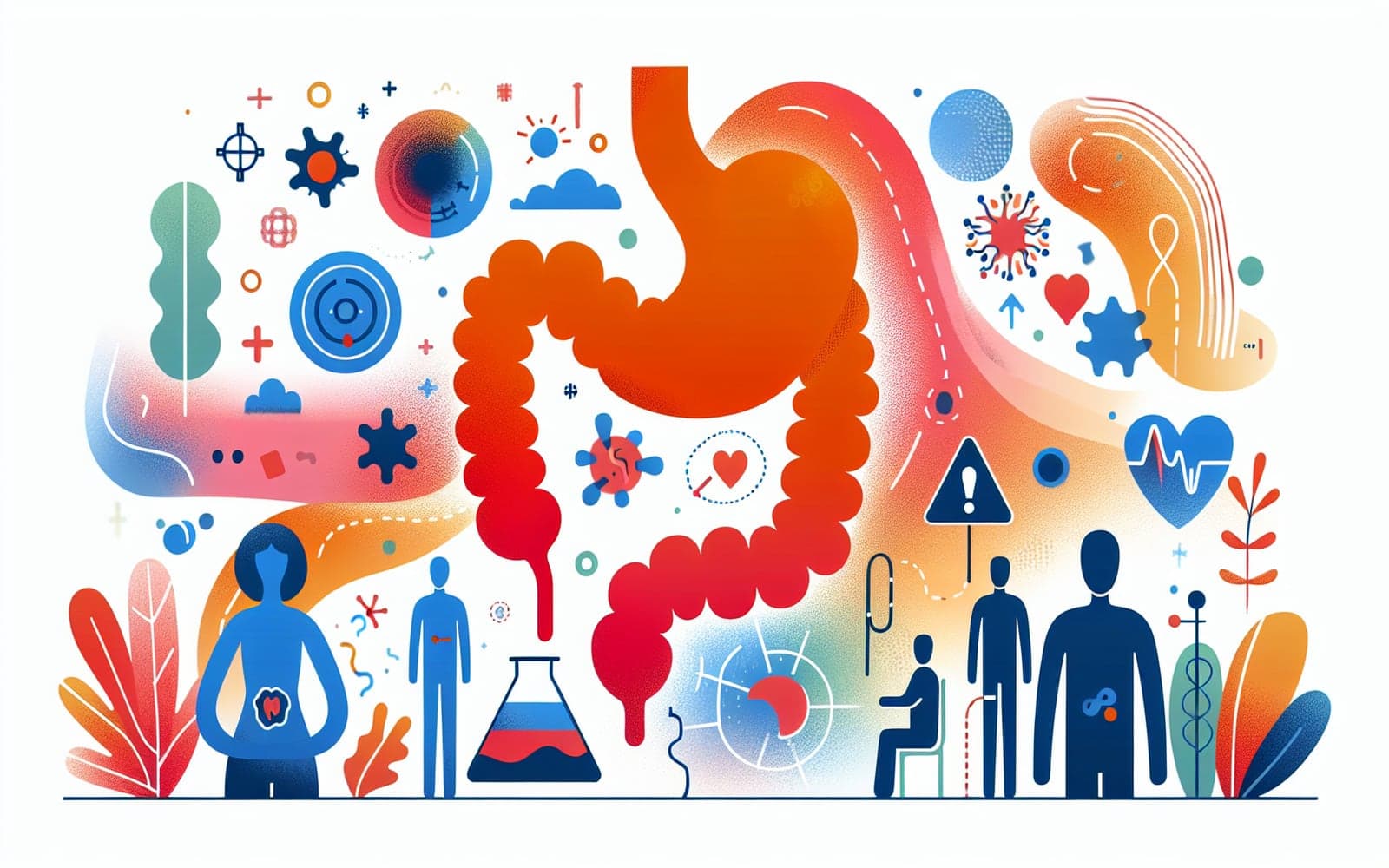Are You at Risk for Diverticulitis? Key Factors You Need to Know
Published: Apr 05, 2024
Diverticulitis doesn't affect everyone equally. Knowing your risk factors can help you take steps to prevent this painful condition.
Contents
Age and Gender: The Uncontrollable Factors
Age is a significant risk factor for diverticulitis. The condition becomes more common as we get older, particularly after age 40. By age 60, about half of people have diverticulosis (pouches in the colon), which can lead to diverticulitis. Gender also plays a role, with women slightly more likely to develop the condition, especially at younger ages.
Lifestyle Factors: What You Can Change
Several lifestyle factors can increase your risk of diverticulitis. A low-fiber diet is a major culprit, as it can lead to constipation and increased pressure in the colon. Obesity, physical inactivity, and smoking are also associated with higher risk. Interestingly, regular exercise can lower your risk, even if you're overweight.

Medical Conditions and Medications
Certain medical conditions can increase your risk of diverticulitis. These include inflammatory bowel diseases, diabetes, and conditions that affect connective tissue, like Marfan syndrome. Some medications, particularly long-term use of nonsteroidal anti-inflammatory drugs (NSAIDs) like ibuprofen, may also increase risk. However, don't stop any prescribed medications without consulting your doctor.
Frequently Asked Questions
Yes, although it's less common, diverticulitis can affect younger adults.
Stress isn't a direct cause, but it may exacerbate symptoms.
A high-fiber diet and healthy lifestyle can help reduce your risk.
There may be a genetic component, but lifestyle factors are also important.
Key Takeaways
While some risk factors for diverticulitis are beyond our control, many can be modified through lifestyle changes and a healthy diet.
Concerned about your risk for diverticulitis? Talk to Doctronic about personalized prevention strategies.Related Articles
References
Strate LL, Liu YL, Aldoori WH, Giovannucci EL. Physical activity decreases diverticular complications. Am J Gastroenterol 2009; 104:1221.
Aune D, Sen A, Leitzmann MF, et al. Body mass index and physical activity and the risk of diverticular disease: a systematic review and meta-analysis of prospective studies. Eur J Nutr 2017; 56:2423.
Always discuss health information with your healthcare provider.

